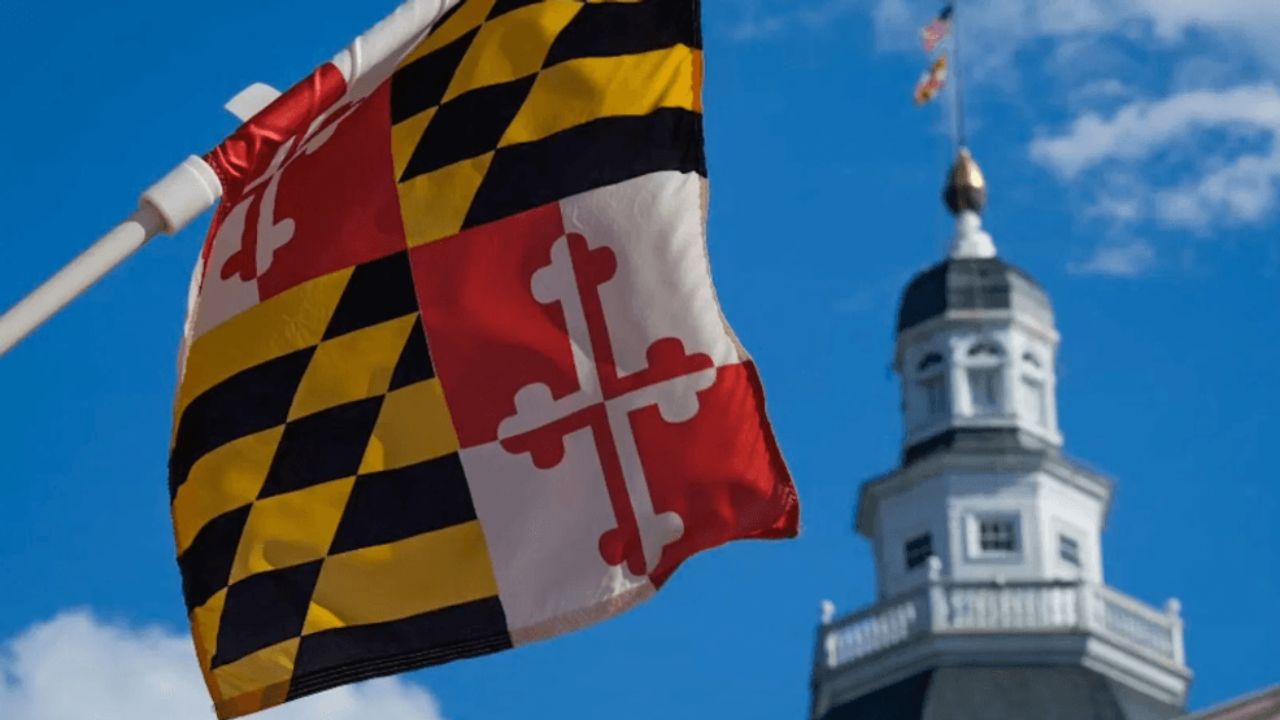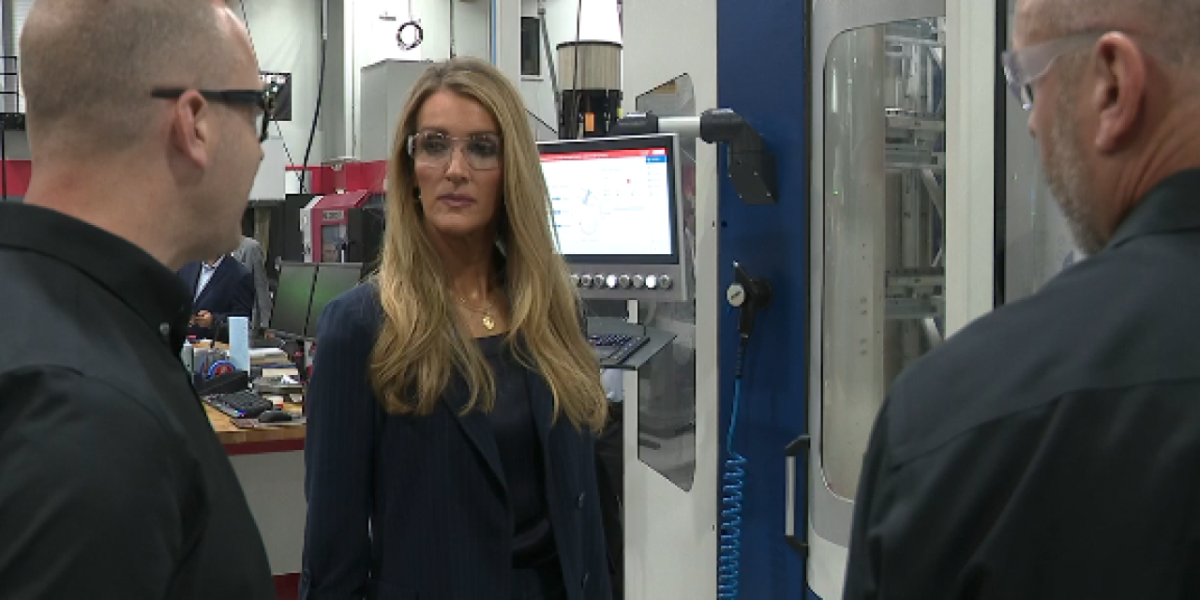Baltimore, MD – On October 1, 2025, hundreds of new Maryland laws will come into force, introducing significant changes in traffic enforcement, cannabis regulation, criminal justice reform, and health services. These reforms aim to enhance public safety, update penalties, and provide support for affected individuals.
The new legal landscape will affect a broad range of areas, from how reckless and negligent driving are penalized, to expanded rights for cannabis users and those seeking sentence reductions. Below is an in-depth look at the critical aspects of these new laws and what Maryland residents need to know.
Stricter Driving Laws and Enhanced Penalties
The Sergeant Patrick Kepp Act (HB 744/SB 590) expands the definition of reckless driving to include drivers traveling 30 mph or more over the posted speed limit. This offense is now punishable by up to $1,000 in fines, possible jail time, and six points added to the driver’s record.
In addition:
- Negligent driving fines increase to $750 with two points added to the driving record.
- Aggressive driving is more broadly defined, now triggered by committing two or more traffic violations within a single driving period, down from three, carrying a fine up to $1,000.
- Commercial learner’s permit holders face a one-year disqualification from driving commercial vehicles after being caught driving with a blood alcohol concentration of 0.08 or higher (HB 189/SB 187).
- Eric’s ID Law (SB 618) empowers drivers to mark a nonapparent disability, such as autism, epilepsy, or PTSD, on their driver’s license or ID card for improved awareness by law enforcement.
“These updates will improve road safety by holding dangerous drivers accountable while also accommodating individuals with disabilities,” said a state transportation official.
Significant Changes in Cannabis Laws for Personal Use and Convictions
Effective October 1, the new cannabis regulations (HB 413/SB 925) allow adults 21 and older to manufacture small amounts of cannabis products for personal use under strict limits:
- Up to 1.5 ounces of usable cannabis
- 12 grams of concentrate
- 750 milligrams of THC in products
- Growing up to two plants
The legislation also adjusts felony thresholds for controlled substances, increases penalties for large-scale drug distribution, and modifies firearm-related penalties. Furthermore, individuals previously convicted under stringent “volume dealing” or “drug kingpin” statutes may petition for sentence modifications.
Advances in Criminal Justice Reform and Expungement
The Expungement Reform Act (SB 432) introduces several important changes aimed at streamlining justice and reducing the long-term impact of certain convictions:
- Shortened waiting periods for filing expungement petitions, now as low as five years for most misdemeanors.
- Expansion of eligible offenses, including removal of pardoned cannabis charges from public case searches.
- Updates to the Maryland Judiciary Case Search system to exclude pardoned cannabis possession records.
- The Maryland Second Look Act permits individuals convicted between 18 and 25 years old who have completed at least 20 years of their sentence to petition for reductions.
- HB 1123 reforms parole process by mandating consideration of age, restructuring medical parole, eliminating the governor’s veto on medical parole, and adding risk assessments and hearings.
- The Organized Retail Theft Act of 2025 introduces felony charges for coordinated retail thefts, aggregates multiple thefts into single cases, and requires courts to declare organized retail theft where appropriate.
“The reforms reflect Maryland’s commitment to fairer sentencing and rehabilitation opportunities for non-violent offenders,” stated a criminal justice expert.
Enhancements to Health and Social Services
Among the new laws, HB 1310 establishes a prescription drug repository program to enable the donation and redistribution of unused prescription medications. This program aims to help patients in need access necessary treatments, reducing waste and improving community health outcomes.
Read Also: Starbucks Store Closings 2024: Nationwide List of Locations Shutting Down
Looking Ahead: What Maryland Residents Should Know
Maryland’s new laws effective October 1, 2025 highlight an important shift toward safer roads, progressive cannabis regulation, criminal justice reform, and improved health services. Residents and drivers should familiarize themselves with updated penalties and rights to ensure compliance and to take advantage of new opportunities for expungement and sentence review.
For detailed information and updates, visit the full coverage on CBS Baltimore.
Key Takeaways:
- Reckless driving now includes speeding 30+ mph over limits with severe penalties.
- Adults 21+ can legally produce small amounts of cannabis for personal use.
- Expungement requests and criminal justice reforms aim to support rehabilitation and fairness.
- The prescription drug repository improves access to medications for those in need.
What do you think about these new Maryland laws coming into effect? Are you prepared for the changes in driving regulations or cannabis policies? Share your thoughts and experiences in the comments below!


 by
by 

